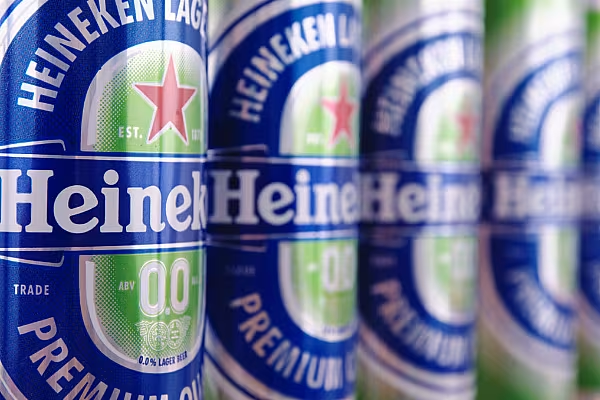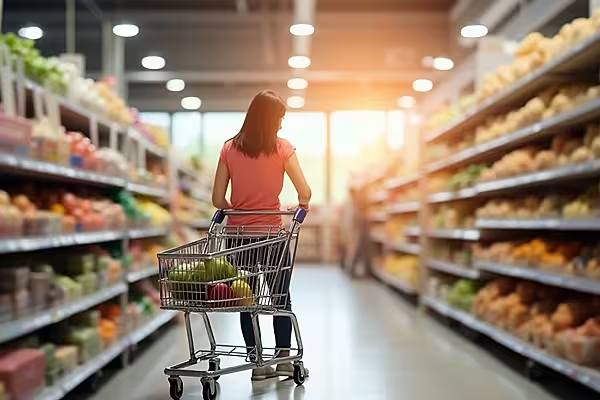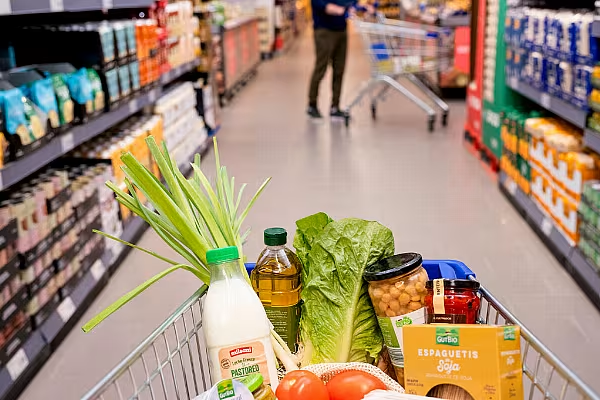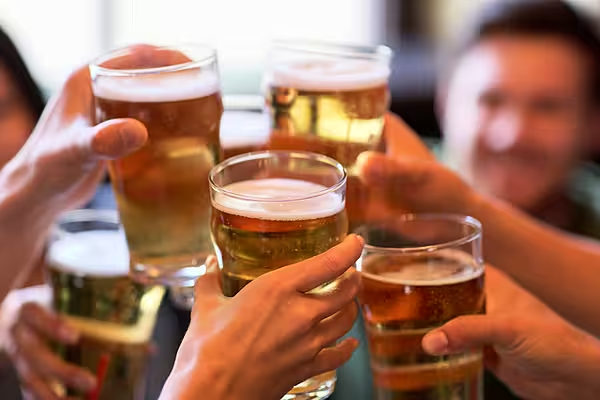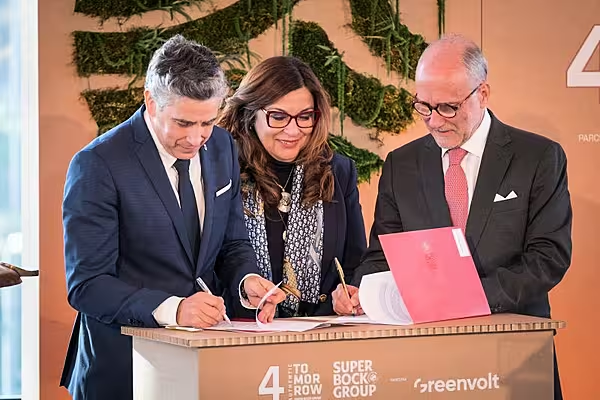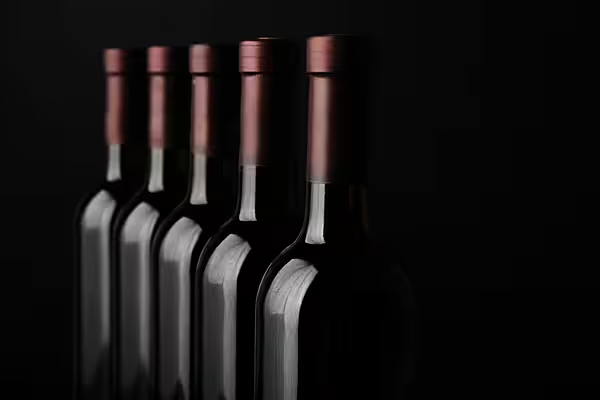Recent years have seen a surge of interest in the non-alcoholic drinks sector.
Studies show that the low- or non-alcoholic drinks markets have been steadily growing for several years – interest in this segment grew by 9% in 2022 and is projected to accelerate as time goes on.
Of all the non-alcoholic beverages, non-alcoholic beer is the most popular, seeing 70% growth. In some places, non-alcoholic drinks have even out-sold alcoholic ones.
This shift is so significant that companies known for producing alcoholic beverages are eagerly promoting non-alcoholic alternatives in order to to stay competitive. Many factors are driving this growth, including the social values of the new generation.
Millennials And Generation Z Are Drinking Less
The main factor driving non-alcoholic beverage sales is that the new generation is less interested in drinking alcohol. Studies by multiple research institutions show that Generation Z consumers drink 20% less alcohol than Millennials — and that Millennials are already drinking less than Generation X and Baby Boomers.
'Sober curiosity' is a worldwide trend among young people. There are many reasons why younger generations have chosen to drink less — ranging from social to global and economic issues.
Greater Awareness
One of the major reasons the new generation has collectively decided to drink less is because of greater consciousness of the dangers of overconsumption. Millennials and Generation Z are more informed about the harmful effects of alcoholic beverages than previous generations.
These risks include possible addiction and a greater likelihood of severe harm – or even death – while under the influence. A study by the World Health Organization notes that overconsumption of alcohol is responsible for 13.5% of deaths in people ages 20-39.
This greater awareness of potential health issues connected with alcohol makes the new generation view drinking skeptically. In turn, their reluctance has caused alcoholic drink makers to increase the production of non-alcoholic beverages and include messages to drink responsibly in advertising media.
COVID-19 Restrictions
COVID-19 has also played a role in the growth of the non-alcoholic beverage industry.
Rather than just reducing the consumption of alcohol, the pandemic changed how people consume alcohol. Studies show that sales for alcoholic beverages increased by 31% during the pandemic. More people were drinking in private or hosting small gatherings rather than in public venues.
However, the COVID-19 pandemic also revealed other interesting metrics. Those who drank during the pandemic were more likely to become dependent on alcohol. In addition, those who were already prone to harmful alcohol consumption were likely to increase their drinking.
The pandemic saw a marked increase in people suffering from anxiety and depression – in many cases linked to overconsumption of alcohol. With knowledge of these risks and more information about the effects of over-drinking, Millennials and Generation Z are more cautious about purchasing alcoholic beverages.
Lifestyle Choices
Millennials and Generation Z are more concerned about their physical and mental well-being than previous generations. The COVID-19 pandemic, social media and the advancement of technology have given the new generation a different perspective on health.
A survey showed that 66% of Generation Z and 69% of Millennials think about their mental and physical health daily. Compare that to older generations – just 55% of Baby Boomers said they think about their health on a daily basis.
Due to this new interest in healthy lifestyles, the newer generations are more likely to buy food and drink brands that appear health-conscious. As discussed previously, alcoholic beverages have many well-known negative effects on mental and physical health.
Overconsumption of alcohol is linked to increasing weight gain due to increasing cortisol levels and unbalancing your metabolism – keeping the human body from burning fat.
Interest In The Non-Alcoholic Drinks Market
The newer generation is clearly leading the push in the low or no alcoholic drinks market. Social media and technology have made it possible to learn more about wellness and the dangers of alcoholism.
Millennials, Generation Z and future generations are making more informed decisions about drinking. This means that while the non-alcoholic drinks market is thriving now, you can expect it to grow even more in the future.
© 2023 European Supermarket Magazine – your source for the latest drinks news. Article by Emily Newton, Revolutionized. Click subscribe to sign up to ESM: European Supermarket Magazine.
